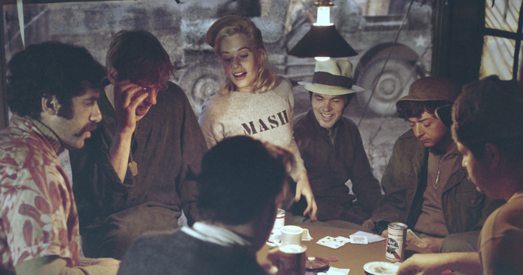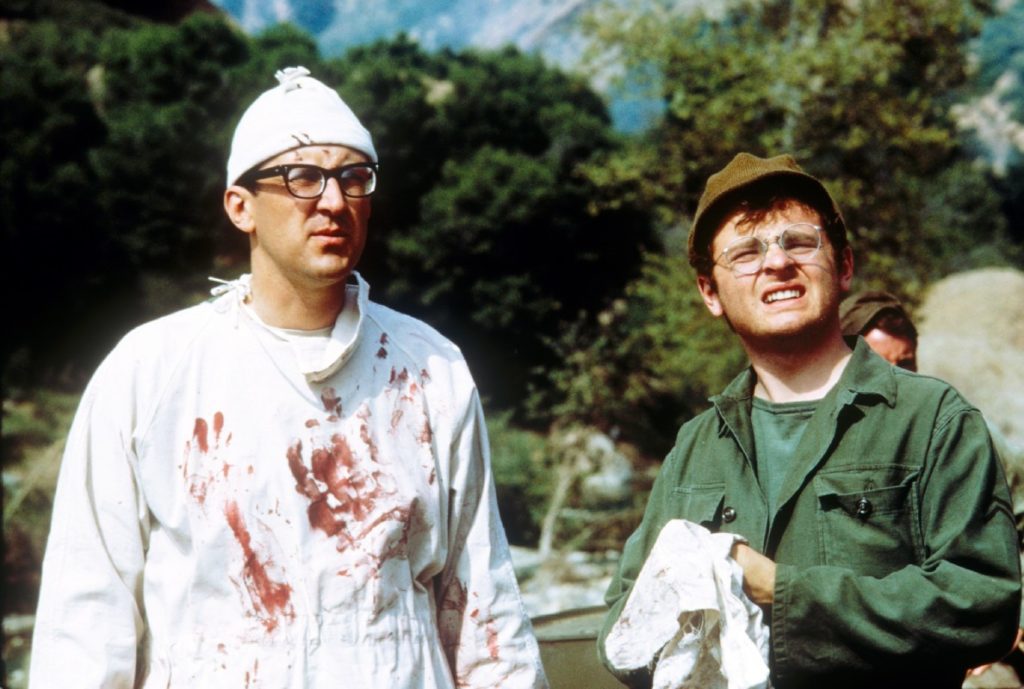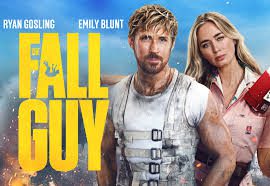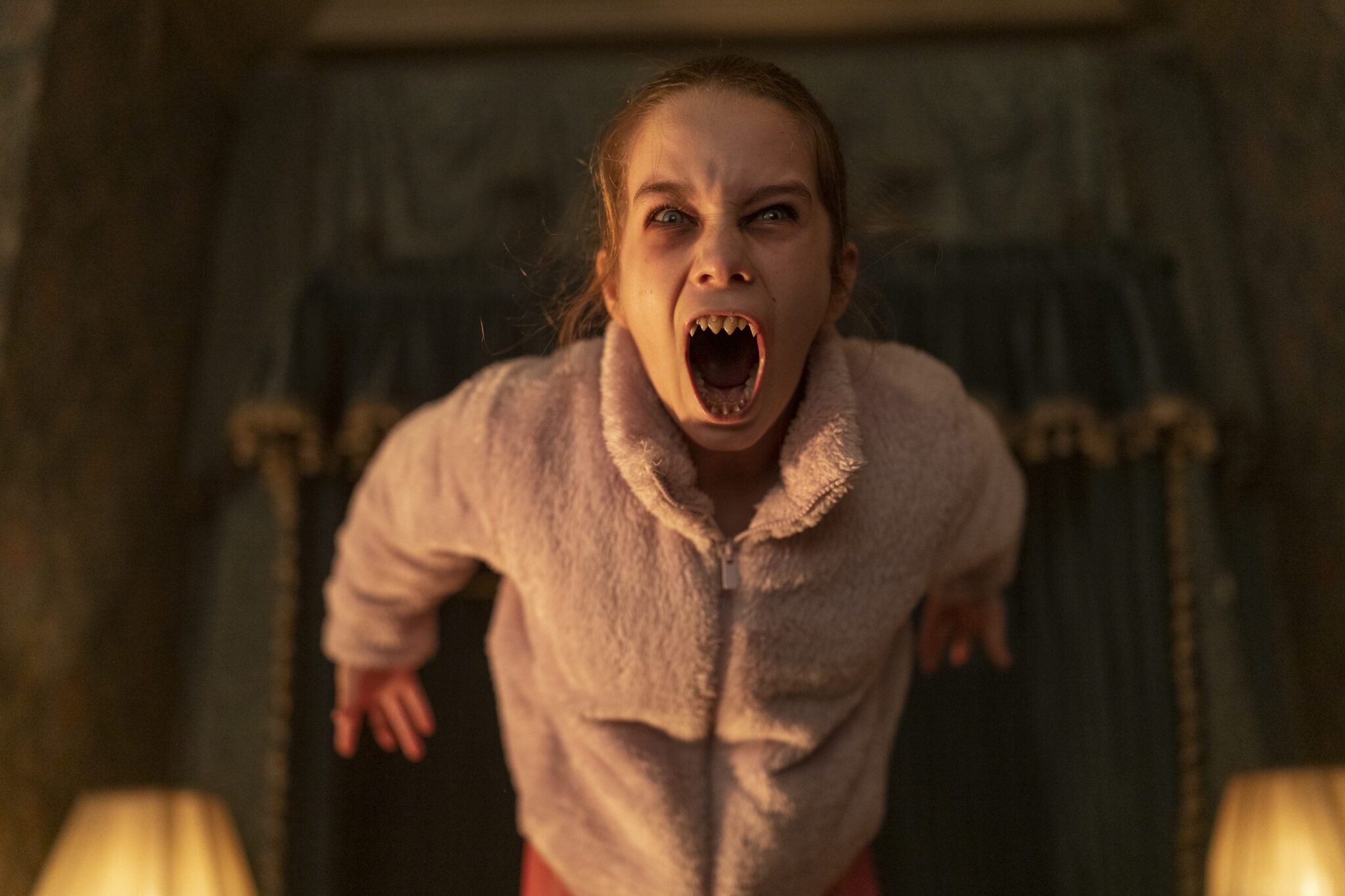?This isn?t a hospital; it?s an insane asylum!?
I was in college, of prime draft age, when M*A*S*H hit the theaters in 1970. That probably says a lot about what I found so appealing about that film when I first saw it. It also explains why when it played at AFI Fest as part of a Robert Altman retrospective that I felt compelled to see it again and compare it to that first encounter.
The film was somewhat eclipsed by the TV series starring Alan Alda. And it is good to keep the two versions separate. The film version has an entirely different cast (except for Gary Burghoff who played ?Radar? O?Reilly in both versions) and a very different tone and outlook than the more lighthearted (though often very poignant) TV series. The film is often described as antiwar (especially since it came out in the midst of the Vietnam War), but it really says less about war per se than about the iconoclasm of that particular time in American history. Even though the film is set in the Korean War, it was almost a given that viewers would read this as commentary on Vietnam.
The film synopsizes itself in a PA announcement at the end of the film:
Attention. Tonight’s movie has been “M*A*S*H.” Follow the zany antics of our combat surgeons as they cut and stitch their way along the front lines, operating as bombs — operating as bombs and bullets burst around them; snatching laughs and love between amputations and penicillin. Follow Hawkeye, Trapper, Duke, Dago Red, Painless, Radar, Hot Lips, Dish and Staff Sergeant Vollmer as they put our boys back together again.
Altman often put together ensembles that were more about the collected talent than any one person being the star. That is certainly true in M*A*S*H. The cast included Donald Sutherland (Hawkeye), Elliot Gould (Trapper John), Tom Skerritt (Duke), Robert Duvall (Frank Burns), Sally Kellerman (?Hot Lips? Houlihan), John Schuck (?Painless? Waldowski), Rene Auberjonoir (Father Mulcahy, aka Dago Red), and many others.
I think what made this film so appealing to a 19-year-old college student was the utter disdain the film had for all institutions. Altman had a reputation for being a maverick or subversive in his films. The military was the main butt of jokes in the film. The doctors were all draftees. All of the regular army officers were pompous and out of touch. They were more concerned with regulations than saving lives. Those who try to do things the Army way are constantly made to look foolish and impotent. At a time when many in this country were becoming increasingly anti-military in response to the war, that resonated strongly.
The film also skewered religion. Religion comes into play in various ways. Frank Burns is a zealot. When Hawkeye and Duke show up as new surgeons they are put into a tent with Burns. He is teaching a local boy to read using the Bible. He prays fervently only to be ridiculed by the other. In time he is shown to be a hypocrite. Father Mulcahy is treated more kindly, but only because he is seen as innocuous. His efforts as a priest are really ineffectual and impotent. It is almost as if he is seen by the doctors as a child. The height of the mocking of religion is the ?Last Supper? scene which many may consider as bordering on sacrilege. In it the characters eat a final meal before Painless?s planned suicide. As they gather at a table in a tent, they are positioned exactly like Jesus and the Twelve in DaVinci?s painting.
The film?s anti-religious sentiment was also very much a part of the zeitgeist. Even though I attended a Christian college, this way of seeing religion reflected my own views of the institution of religion. In those days, we wanted to find a simpler expression of faith. This was also the time of the hippy-like Jesus People, and musicals like Jesus Christ Superstar and Godspell, all of which reflected attempts at new ways of understanding Christianity.
But all of these things I expected when I watched the film at AFI Fest. What struck me after nearly fifty years was the extent to which this film objectified women. The women served as the focus of lust. Even those who exhibited some kind of competence (Major Houlihan, Lieutenant ?Dish?) all served to make life better for the men in the film. This was especially noteworthy since the day before the screening at AFI Fest, women gathered at Hollywood and Highland for a protest march about sexual harassment in the film industry. I expect that this attitude was also very much in line with the times. Women?s liberation existed only in a nascent form. This film would be criticized today for this treatment of the women characters.
In some ways this film may seem a bit anachronistic. After all the draft has been gone for over forty years. The all-volunteer armed forces are much different than the Vietnam and Korean War versions. And my generation has become a part of many of the institutions that we so wanted to tear down. (Hopefully, we?ve managed to change them more than they have changed us.)
But M*A*S*H still represents an attitude that needs to be a part of our culture. It looks at the foolishness that is nearly always found in things (like war) that demands to be taken seriously. It?s not a bad idea to step back from time to time and make note of the folly around us. And since I?m no longer that young would-be rebel, I (and my generation) may be in line to be the focus of the satire.






